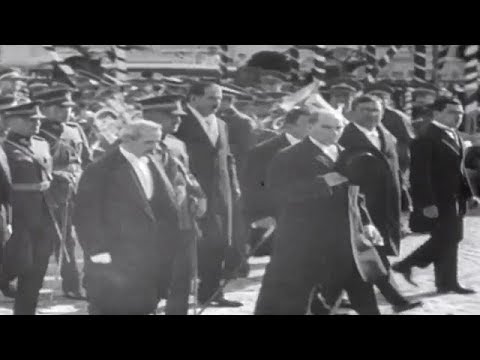1652 Table Bay (SA), History: The first permanent European settlement in South Africa was established by the Dutch East India company under Jan van Riebeeck. We saw a photograph of a wall built by these settlers in an exhibition recently.
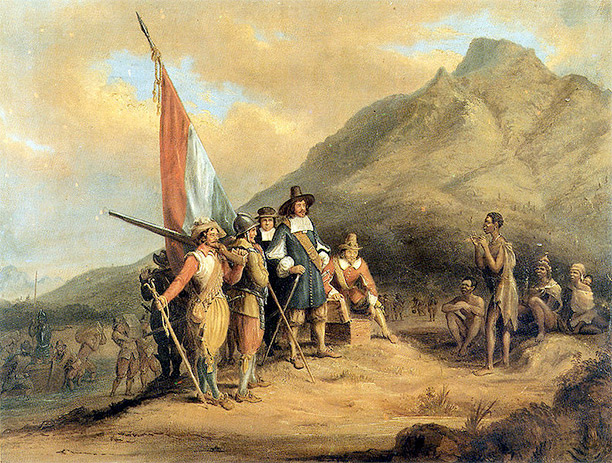
1841 DC, Politics: The first Vice President to succeed a president who died in office took was sworn in. That was John Tyler. Elected President General William Harrison died one month after his inauguration. A biography of Tyler, the accidental president, is discussed elsewhere on the blog. Wits referred to him as ‘His Accidency.’ Suffice it to say here he was a president whose party had disowned him when he accepted the place as Vice President on the ticket with no personal following or profile, and he was, and knew he was, on a one-way ticket. Here’s one for the books, twenty years later he served as a congressman in the Confederate House of Representatives where he tired to promote negotiations, and failed.
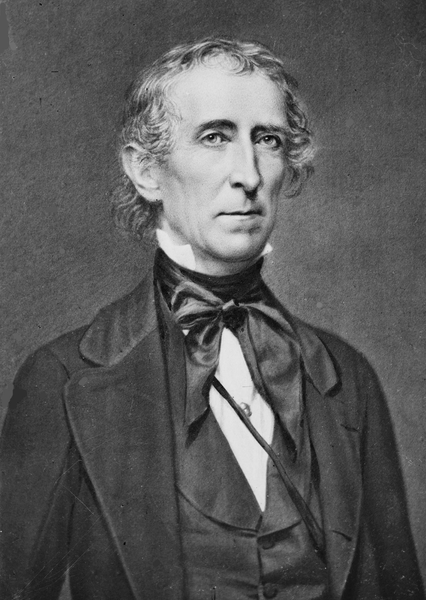
1896 Athens, Sports: The Olympic Games were reborn when 60,000 spectators gathered to watch 280 athletes from thirteen nations. Baron Pierre de Coubertin had started promoting the idea in 1892. Thereafter the Olympics were overshadowed by world’s fairs and then lost to World War I. The first successful Olympics (participation, income, and publicity) were held in 1924 in Paris, which included 400 women athletes.
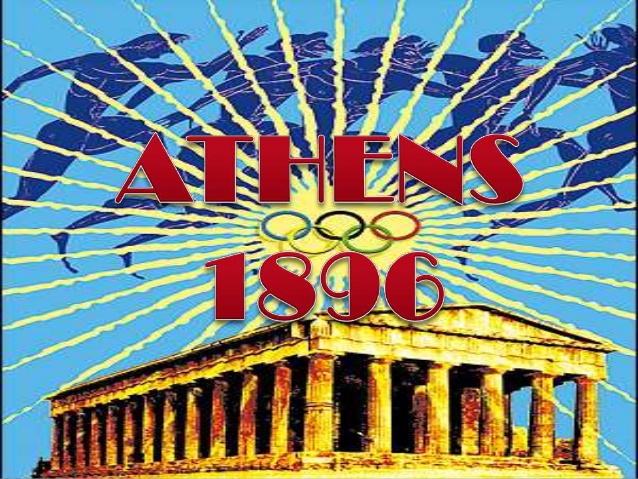
1903 Paris, Politics: The tissue of lies fabricated by the Pox News of the day against Captain Alfred Dreyfus collapsed when secret documents were published that revealed his innocence. Robert Harris’s novel ‘An Officer and a Spy’ about this case is discussed in a post elsewhere on this blog. On the blogosphere there are many who are sure either Dreyfus or Hillary did it.
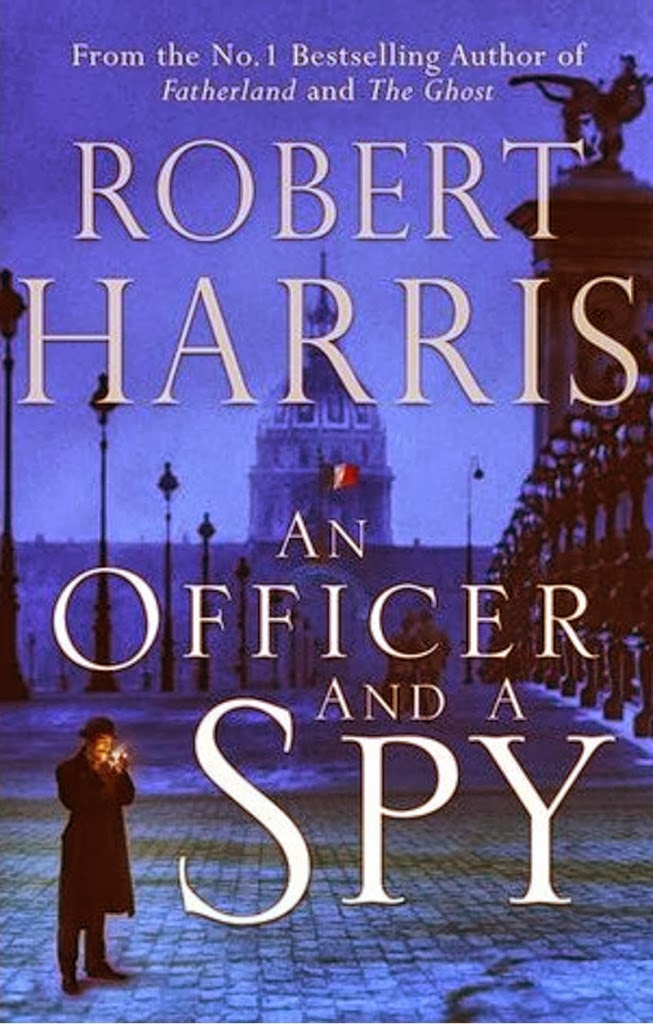
1968 Surrey (England), Entertainment: ‘2001: A Space Odyssey’ screened. Pauline Kael, the New Yorker’s pontificator on movies said it was ‘monumentally unimaginative.’ Yes she did, HAL. The child bride has sung to it in a chorus.

Category: Practice
5 April
1242 Alexander Nevsky of Novgorod defeated the Teutonic knights (Germans from Lithuania) in the Battle of the Ice. Battles do usually make this list but this one did because Kate once sang in Sergei Prokofiev’s cantata. Alex came out ahead in a poll for the Greatest Russian in 2008, edging Comrade Stalin by a few points. We saw a few things bearing Alex’s name in Estonia and Russia.
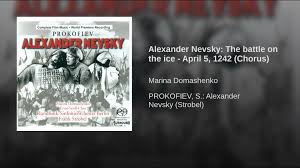
1753 Bloomsbury, Knowledge: King George the First assented to an act of parliament to establish the British Museum which later opened in 1759. Sir Hans Sloane had bequeathed his collection of 71,000 objects and 40,000 books to the king in lieu of taxes. This bequest explains why the British Library was until lately housed within the British Museum. I have used the BL many times, and gawked at the BM even more times. N.B. The legislation had a long and slow progression and many other dates are relevant to its development.
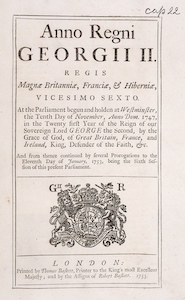
1818 Santiago (Chile), History: José de San Martín declared Chile free of Spanish rule. (There are not many dates for Spanish America on the daily history websites so they are rare.
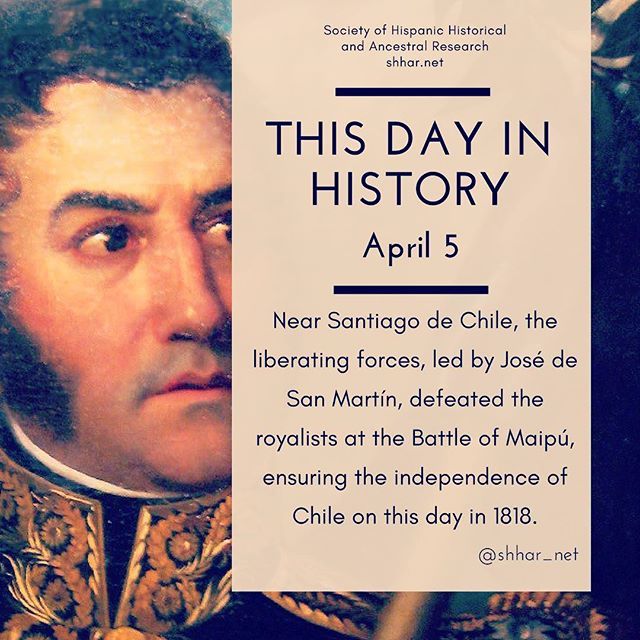
1979 Jabiru (NT), Conservation: The Kakadu National Park was proclaimed. Its area equals half of Switzerland with rock art as old as 60,000 years, birds, plants, and fish species found nowhere else to say nothing of the insects! (I got stung by a gigantic fly in the room, not the bush, and it took months for the swelling to recede.) The has since expanded by 20,000 square kilometres. We spent several days there, staying in the motel pictured below.
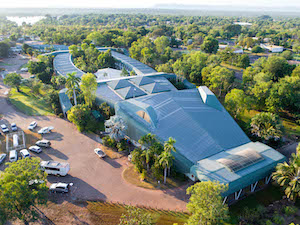
2063 Bozeman (MN), Future: The Vulcans made First Contact with Zephram Cochrane whose warp flight had been to the sound of Steppenwolf’s ‘Magic Carpet Ride.’ Fasten the chin strap on those colanders, Time Travellers.

4 April
0527 Constantinople, History: The Emperor Justin, very ill, crowned his nephew Justinian as co-Emperor. Justinian became known as The Great and credited with never sleeping for his many actions and reforms over nearly forty years. One reform was to allow marriage between classes and races, and in that spirit he married Theodora who became a mainstay in his regime. His most famous and lasting change was Justinian’s Code that codified, revised, and simplified Roman law. I have read several of Eric Mayer and Mary Reed’s krimis set in this time and place.

1581 Plymouth, History: In absentia Queen Elizabeth I knighted Francis Drake after he circumnavigated the world plundering the Spanish. The treasure he returned with doubled the Crown’s income for that year. His privateering was an open secret and it continued.
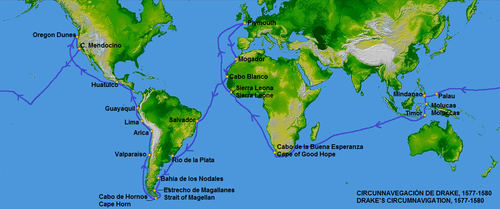
1820 Sydney, Architecture: The foundation stone was laid for the building that became the Queen Victoria Building on George Street. It stands still and we have been in it many times after it was redeveloped in the latter 1980s as a retail mall.
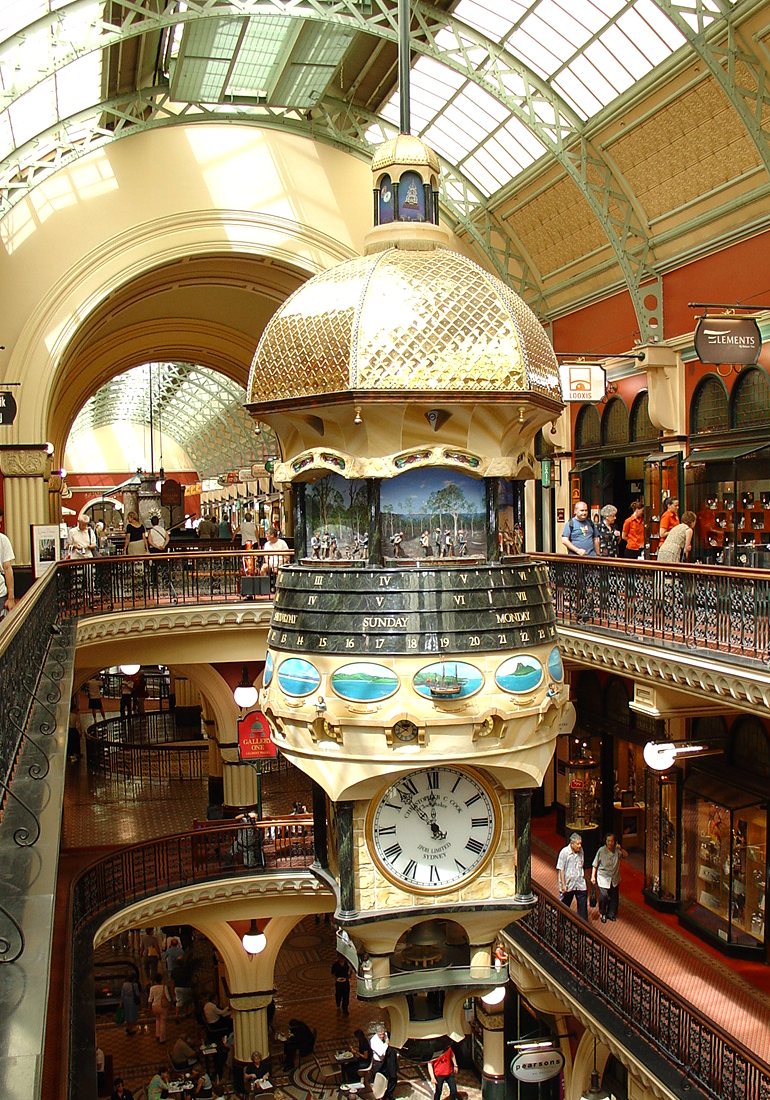
1843 Hong Kong, History: In far away London Queen Victoria proclaimed it a British crown colony. after the First Opium War, in which England enforced the importation of opium from Afghanistan into China. We have been to Honkers several times but not lately.

1975 Albuquerque (NM), Technology: Bill Gates and Paul Allen founded Micro-soft, a portmanteau word combing ‘micro’ from ‘microprocessors’ with ‘soft’ from ‘software.’ Their first and major client was the Altair 8800 computer made in Albuquerque at the time. The move to Seattle came in 1979. DOS and Windows came later still.
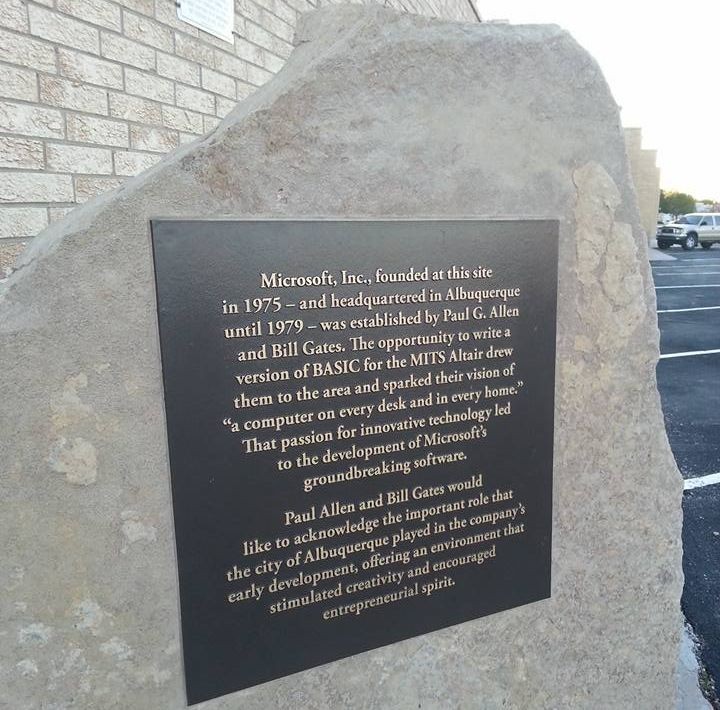
3 April
1848 Coogoon (Queensland), History: German explorer and naturalist Ludwig Leichhardt and his party were seen for the last time loading provisions at McPherson’s Station before they disappeared in the quest to reach the Swan River in West Australia. He had earlier traversed the Atherton Tableland to Arnham Land, as shown on the map below. The one-time Little Rome where we shop was named for Ludi in 1871.
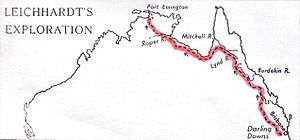
1860 St Joseph (MO), History: the first Pony Express mail left for Sacramento, a ten day journey of 1800 miles. Its rivals took three week to three months for the same trip by wagon. In 1861 riders, including Buffalo Bill Cody, delivered Abraham Lincoln’s inaugural address to California in eight days. The enterprise yielded to the telegraph and went out of business within two years and entered into legend.
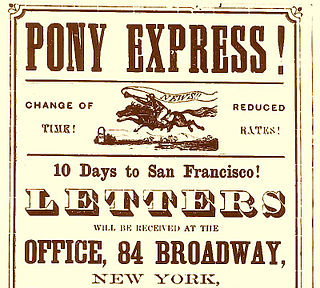
1913 Manchester, Politics: Suffragette Emmeline Pankhurst was sentenced to (another) three years jail. She was a recidivist. In 1926 she ran as a Conservative candidate for parliament, in part moved by anti-communism. Less has changed than one might think when reading her words below.
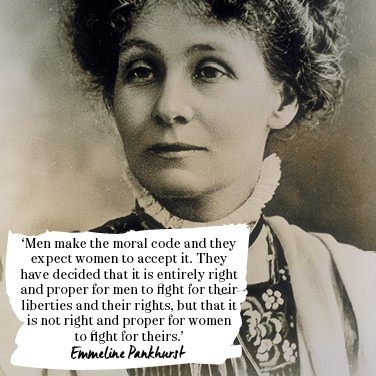
1917 Petrograd, History: Vladimir Lenin arrived at the Finland Station from exile in Switzerland having traveled through Germany in a sealed train to prevent the contagion of communism from escaping, to avoid the Tsar’s secret police, and finally to undermine Russian morale. We went by this station during our Russian tour.
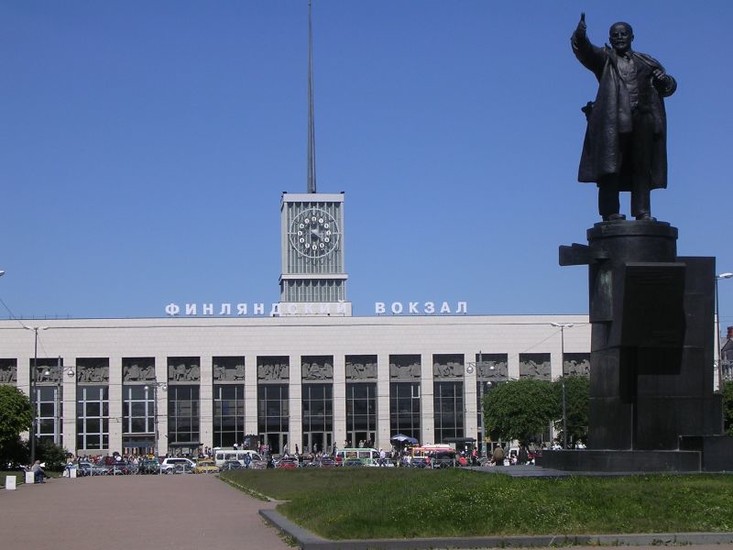
1976 Mururoa Atoll, History: France continued nuclear testing. Kaboom! After years of protests the tests went underground. Then there was the Rainbow Warrior.
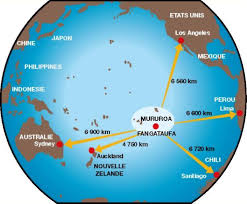
2 April
1845 Meudon, Science: French physicists Armand Fizeau and Léon Foucault took the first photograph of the Sun. They had made numerous attempts and failed but one did succeed in making a five inch Daguerreotype as below. These two collaborated on many projects. Oh, and yes, this latter is the man with the pendulum. (Either one gets it or one doesn’t not.)

1905 Victoria Falls (Zambia), History: The ambitious Cairo – Cape Town railway opened between Cape Town in South Africa and Dar es Salaam in Tanzania. The brainchild of Cecil Rhodes, it was never completed.

1912 Nanjing (China), Politics: Sun Yat-sen called a National Assembly of the Republic of China to supplant the Emperor Puyi. He created the Guomindang Party, a fossil of which remains important in Taiwan, and led it until his death in 1925. He had gone to elementary school in Honolulu. Below is his signature and personal stamp.
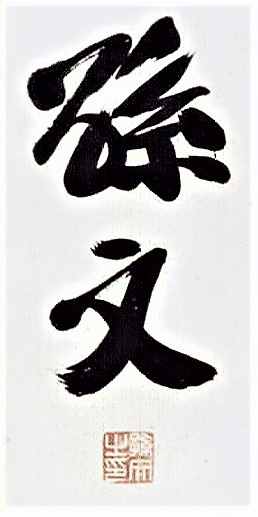
1930 Addis Ababa (Ethiopia), History: Ras Tafari Makonnen was invested as Emperor Haile Selassie, and remained that until deposed in 1974. Ryszard Kapuściński’s ‘Emperor’ (1989) gives a remarkable account of the last days of the regime. It inspired to me read three or four of his other titles.

1978 Lausanne (CH), Commerce: Velcro hit the market for first time. Its name is a portmanteau word from the French words ‘velour’ (velvet) and ‘crochet’ (hook). Electrical engineer George de Mestral conceived it while picking burs seeds (illustrated below) from his dog’s fur. It took years for him to develop the idea, conceive of a use for it, and find backers. The alternative explanation is that the Vulcans of First Contact left it behind.

1 April
1392 Canterbury (England), Literature: In Geoffrey Chaucer’s ‘The Nun’s Priest’s Tale’ there is an association between foolishness and April first. This seems to the earliest connection in English, and even this is much disputed as a copying error of some sort. There are later French references in the 1500s.

1778 New Orleans, Economy: Irish immigrant businessman Oliver Pollock created the “$” symbol. How and why is much discussed in Wikipedia. Others are also credited this innovation. It was first used on minted coins in 1797. One of our tour guides in Sevilla offered the explanation illustrated below derived from the imagery on Spanish piece of eight, also called Spanish dollars, a distant corruption of the German thaler. The Mexican peso has always used this symbol from the Spanish coin.
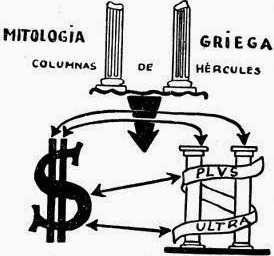
1786 Vienna, Music: Wolfgang Mozart, aged thirty, seated at the keyboard, conducted the debut of his opera ‘The Marriage of Figaro,’ derived from Pierre Beaumarchais’s novel which had been surpassed in France. The play’s denunciation of aristocratic privilege foreshadowed the French Revolution. The revolutionary leader Georges Danton later said that the play “killed off the nobility” and Napoleon Bonaparte called it “the Revolution already put into action.” Below is playbill for the opening performance.
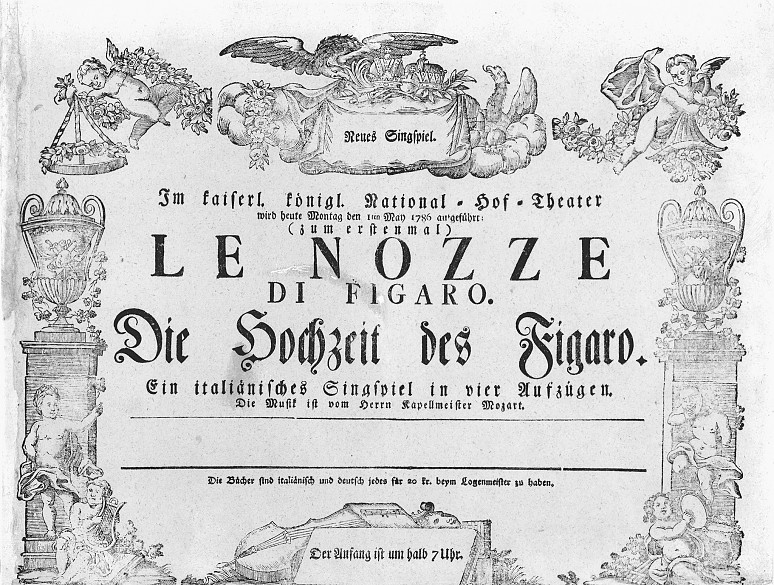
1929 Barcelona, Cinema: Luis Buñel screed his 24-minute film ‘Un Chien Andalou’ made in collaboration with Salvador Dali. Remember that eyeball? I do.
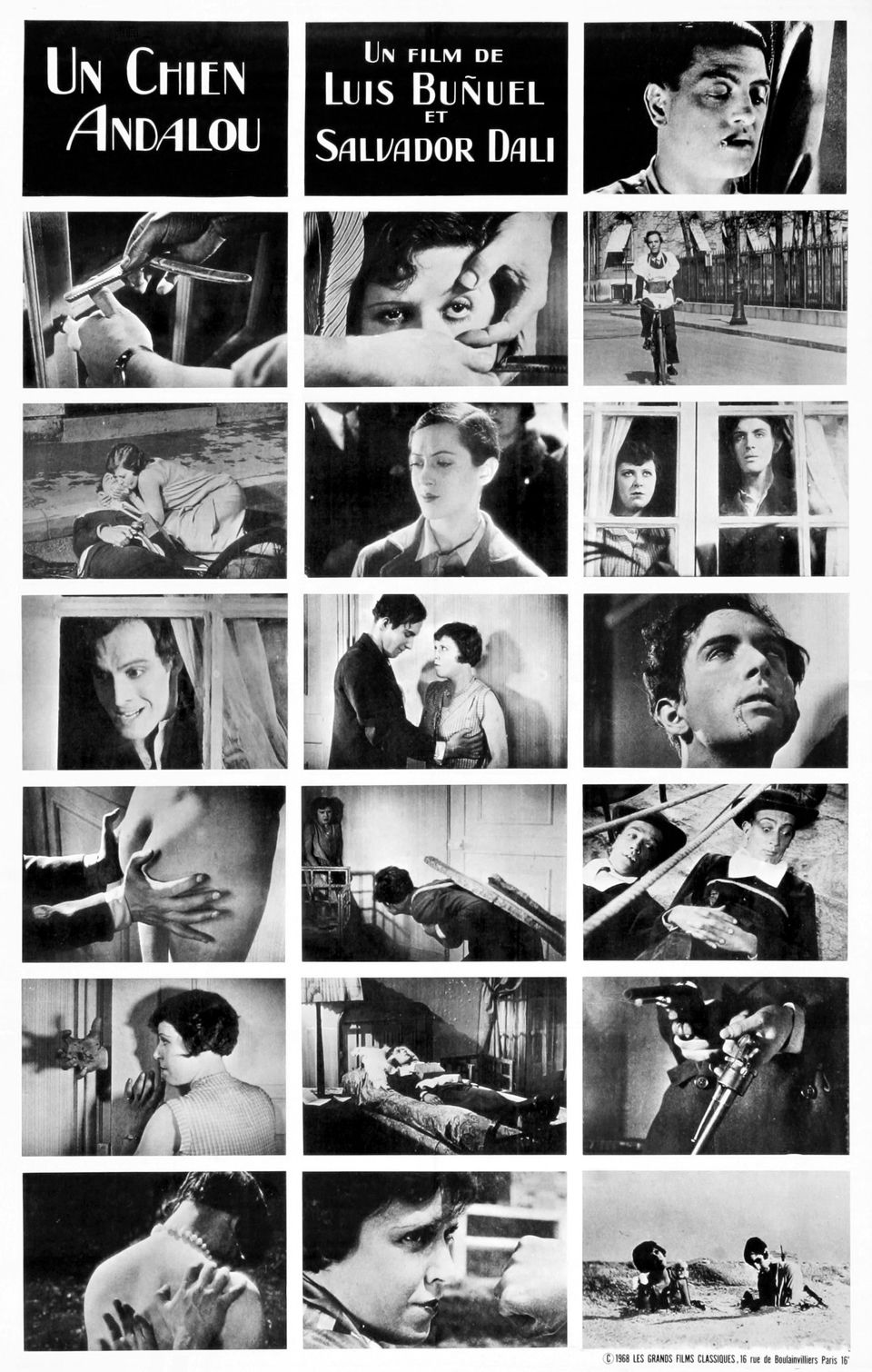
1999 Iqaluit, Canada, on Frobisher Bay, Politics: the Northwest Territory was halved, creating Nunavut, a first peoples homeland with a population of 35,000 spread over 2 million square kilometres of ice and tundra.

31 March
1770 Königsberg, Philosophy: Immanuel Kant was appointed a professor logic and metaphysics. At the time this city was the seat of Prussian monarchs, but now it is in Russia, having previously been Kaliningrad in the Soviet Union where attack submarines were stationed. There is a series of krimis that involve Herr Doktor Professor Kant, starting with Michael Gregorio, ‘The Critique of Criminal Reason’ (2006). Never been there.
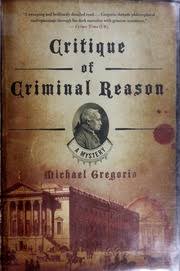
1836 London, Literature: The twenty-four year old Charles Dickens published the first instalment of the ‘Posthumous Papers of the Pickwick Club’ under the pseudonym of Boz. The illustrations by Sol Eytinge, Junior, added to the fun. We have been full of the Dickens at times.
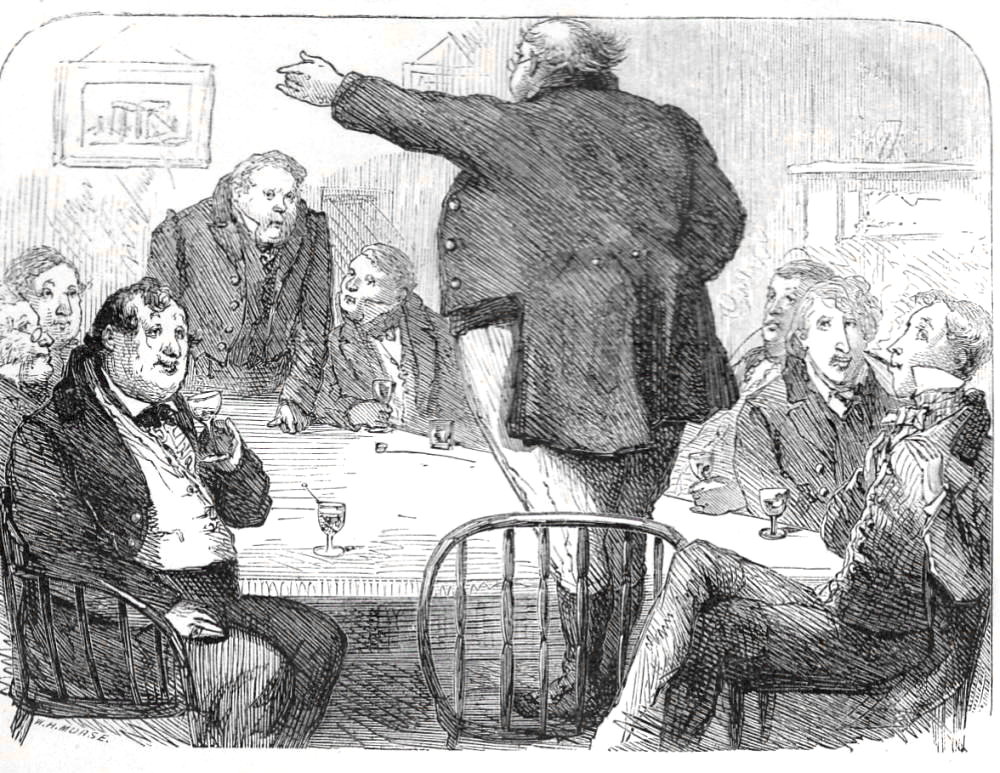
1854 Nagoya (Japan), Trade: Commodore Matthew Perry signed a treaty permitting American trade with two ports, Shimoda and Hakodate. We spent a few days in Nagoya once upon a time.
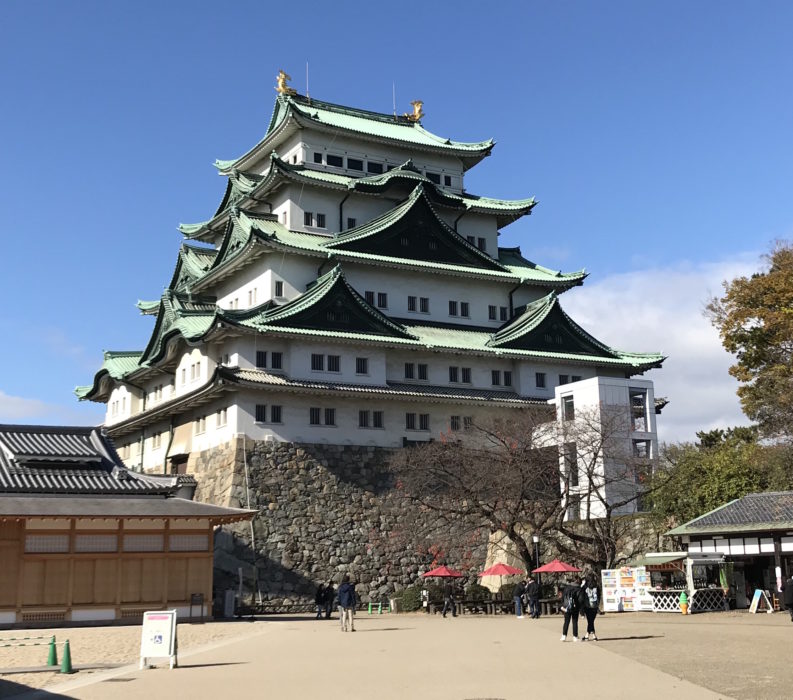
1930 The Motion Production Code was instituted to head-off government censorship, imposing strict guidelines on the treatment of sex, crime, religion and violence in film until everyone lost interest in 1968 or so. Police officers and judges were to be shown as able and competent. Criminals, including adulterers, must come to a bad end. Sex is no more than a short kiss. Corrupt fools did not become president. That is the world of fiction. The Hayes Office enforced it with certificates. No certificate, no screening.
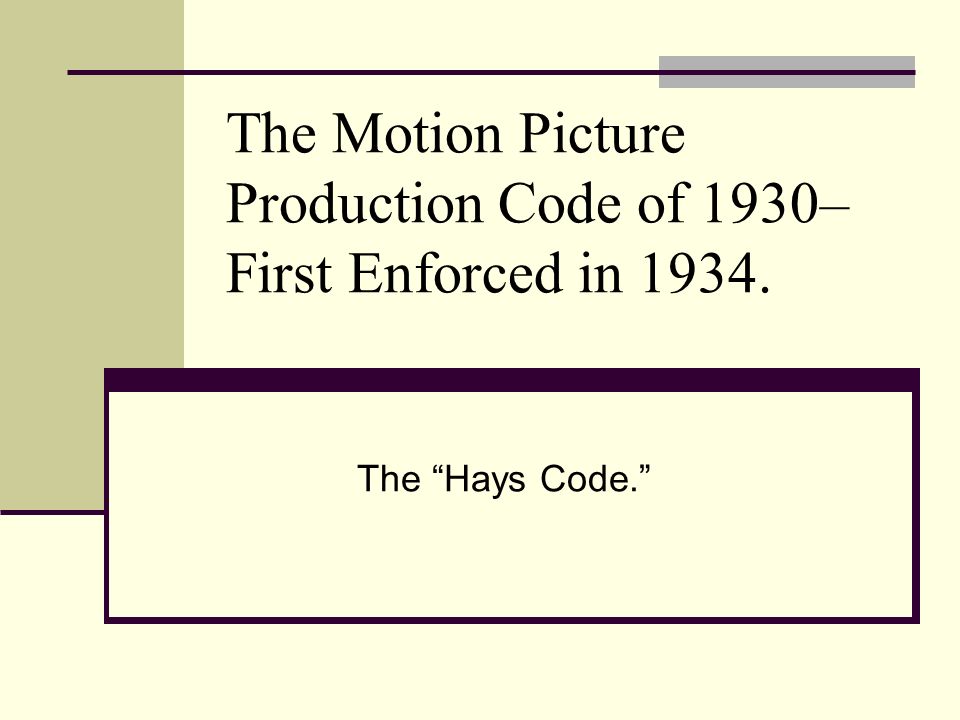
1949 St Johns, Politics: Newfoundland gave up independence, after refusing to join the Canadian federation in 1867, and joined after a referendum that barely passed, insuring that Joey Smallwood would be premier forever. He spent the rest of his long career attacking the rest of Canada, while demanding financial aid. The rest of Canada did not consent to this adhesion of the Goofie Newfies. Been there a couple of times. That was enough.
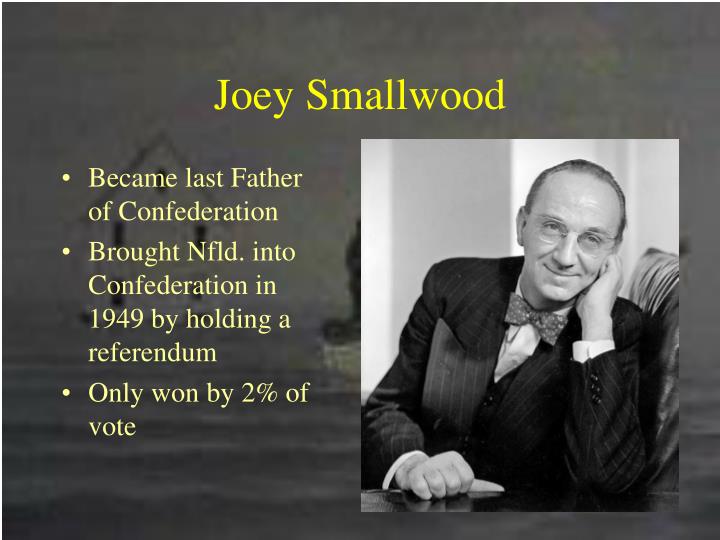
30 March
240 BC Peking, Science: The first recorded perihelion of Halley’s comet was in the Han Dynasty Chinese chronicle Shiji which described it moving east to west across the sun. The image below is the text of the record. It was identified by working backward from later sightings of Halley’s Comet.

1772 Geraldton (WA), History: Captain Louis-François-Marie Aleno de Saint-Aloüarn anchored his ship off Turtle Bay and sent a water party ashore. These matelots raised the tricolour and claimed the territory for France. They buried coins in a lead capsule which were dug up in 1998 as shown below.
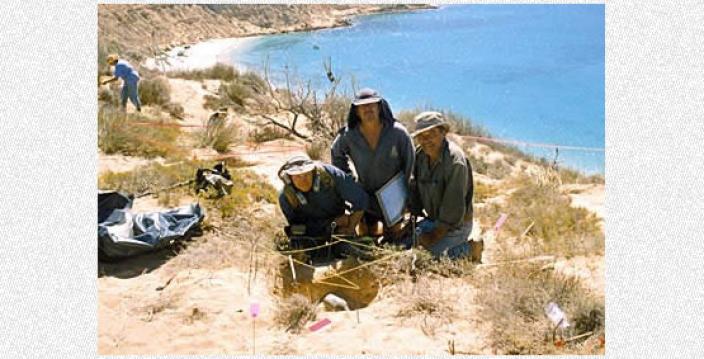
1858 Philadelphia, Technology: Hymen Lipman patented a pencil with an eraser attached. It opened the world of cross word puzzles to cruciverbalists and contributed to the study of Algebra.
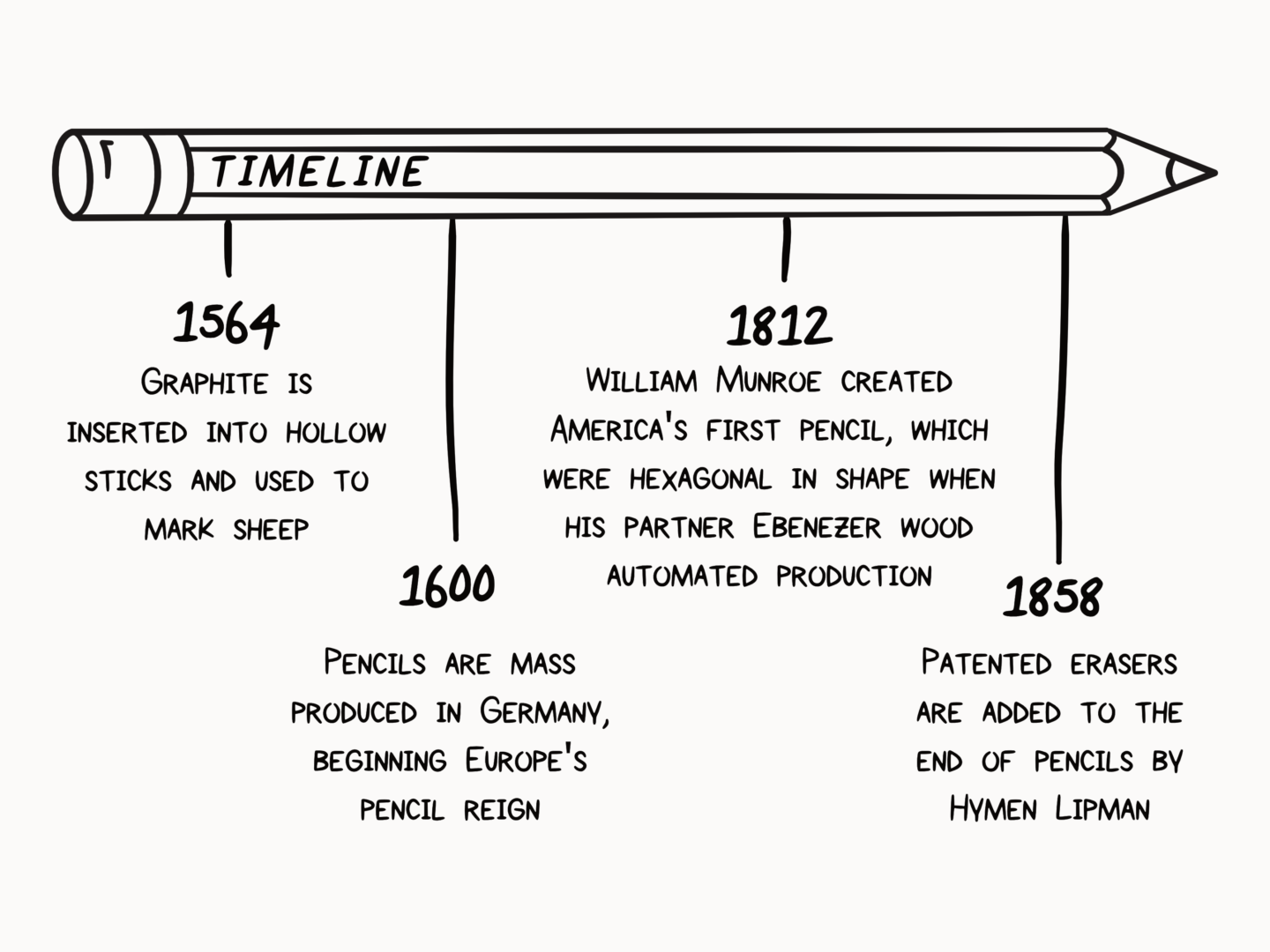
1866 Prague, Music: Bedrich Smetana’s ‘Bartered Bride’ premiered. We heard some — rather too much — of his music in Prague a few years ago.
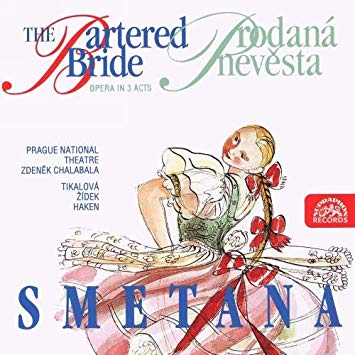
1867 Seward (AK), History: Secretary of State William Seward purchased Alaska from Russia for $7.2 million smackers or two cents an acre. (That sum today is $115 billion.) Seward wanted to get the Russians out of North America, and outflank the British in Canada. The deal was done in secret and in revenge the journalists attacked the acquisition with battalions of hyperbole. The Senate ignored the press, how rare is that, and voted 37 – 2 to consent to the treaty of purchase. The House appropriated the money in a vote of 113 – 43. The city of Seward was named for him. Ever seen a cheque for that much?

29 March
1798 Geneva, History: The Swiss republic was founded. In fact the invading French created the Helvetic Republic (1798-1803) to impose taxes on the previously autonomous cantons, while abolishing many feudal privileges. The unintended consequence was to establish French as a language in the eastern cantons.

1867 Canada, Politics: the British parliament passed the British North American Act which created the Dominion of Canada with a federal government. It was the constitution of Canada, in amended form, until 1982 when it was superseded by the Constitution Act.
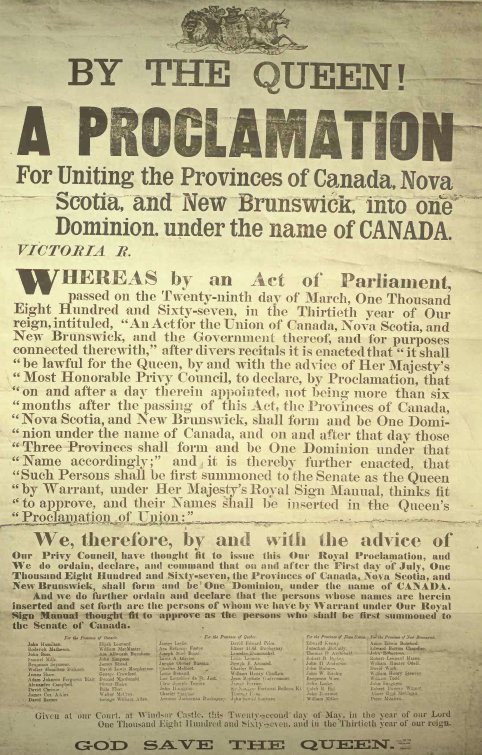
1901 Australia, Politics: The first election in the Commonwealth of Australia occurred. This was a first past the post election for the psephologists. All the complications came later to satisfy the political parties. The map below clears everything up.
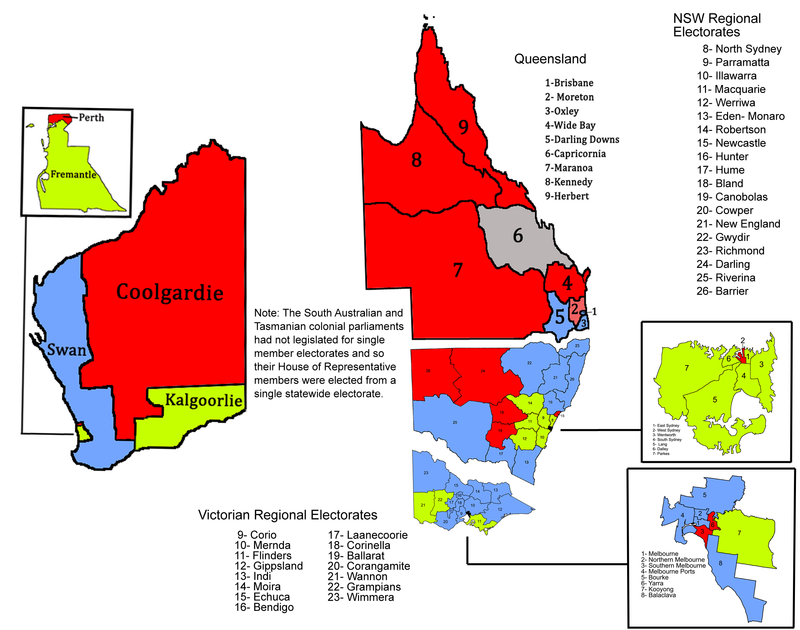
1974 X’Ian (China), History: The so-called Terracotta Army of Emperor Qin Sjo Hunag were dug up by a farmer plowing a field. There were 8,000 soldiers, 130 chariots with 520 horses, and 150 cavalry horses as well as officials, acrobats, musicians, and others with accoutrements and paraphernalia. We saw a comprehensive display in the Field Museum in Chicago a time ago. When they were made, the individuals were decorated and painted as the specimens below indicate. Now image thousands of them along with chariots, horses, weapons….
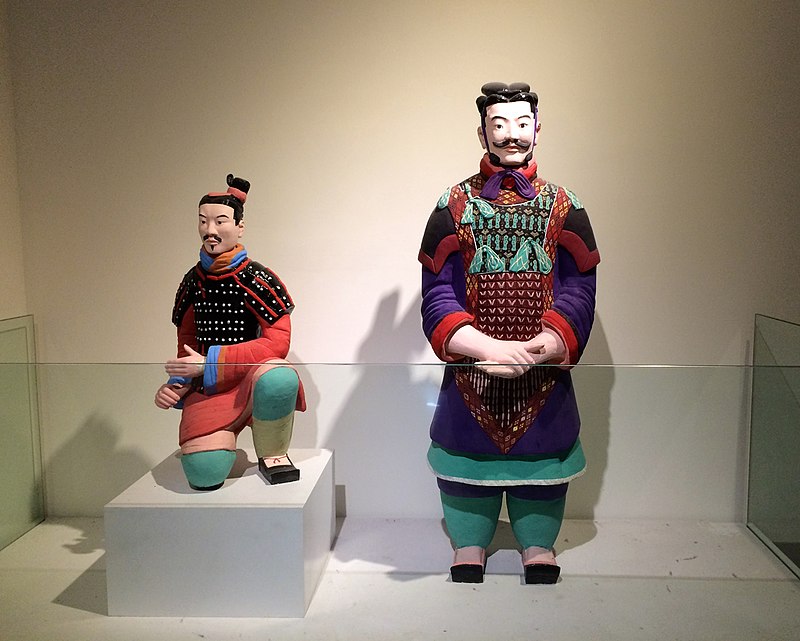
2004 Republic Ireland banned smoking in all public places. The first in Europe to do so. There was much resistance, though none by those who have to clean up behind smokers.
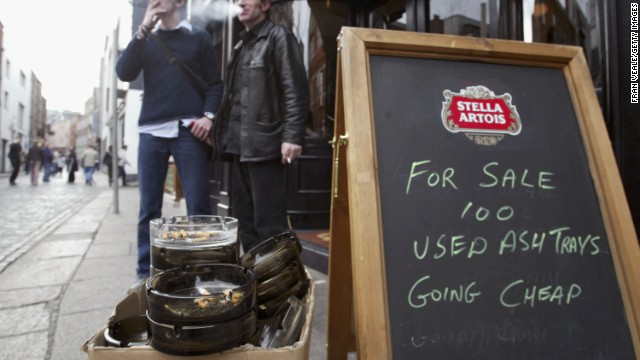
28 March
0037 Rome, History: The Senate conferred the title of Principate on emperor Caligula.
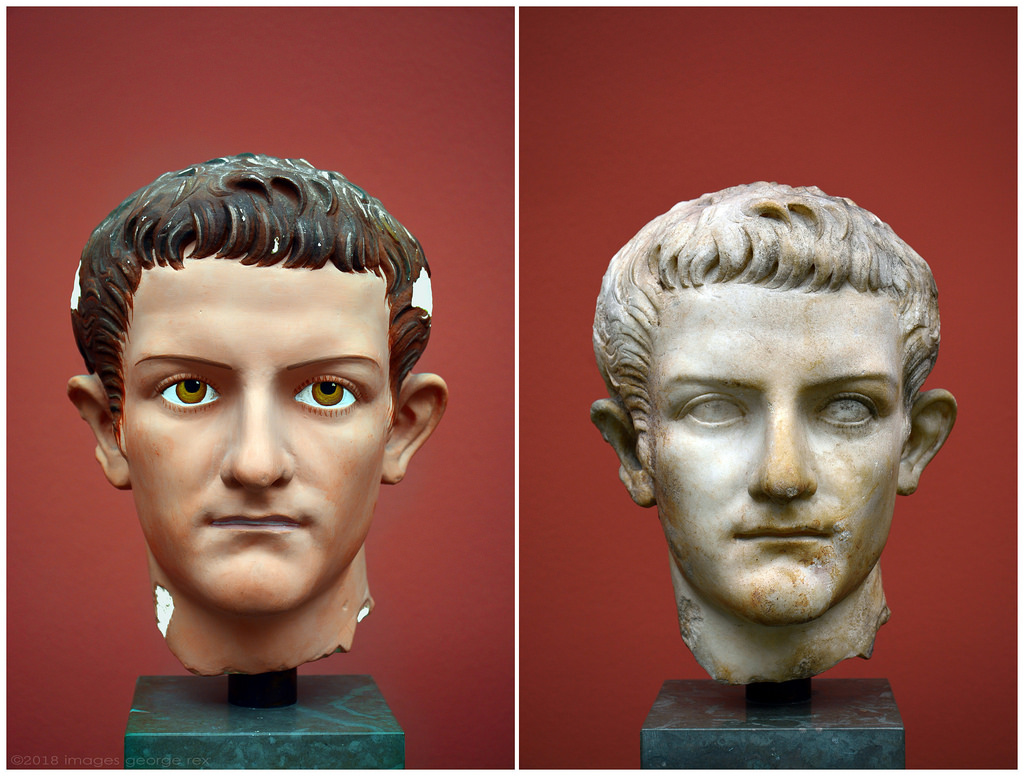
1566 Malta, History: The foundation stone for Valleta was laid at the Our Lady of Victories Church by the Order of St John under the leadership of Jean de Vallete, its grand master after a war with the Ottomans. That success encouraged European monarchs to support the Order in Malta. It was then and remained a strategic post in the Mediterranean Sean.

1778 San Francisco, History: Juan Bautista de Anza with 247 colonists arrived at the site of San Francisco. They set about building the Presidio some of which remains visible. The party included a priest who dedicated the Presidio to St Francis of Assisi. He had explored the Pacific northwest in 1772 and then established an overland road between Sonora Mexico and what is now northern California.
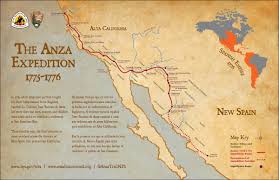
1842 Vienna, Music: The first concert of the Vienna Philharmonic Orchestra was performed. Until then public performance were offered by ad hoc assemblies of musicians with little or no rehearsal. Many were dissatisfied with the result and began to talk of a permanent orchestra for a public program. This premier was the first step in that direction, but it was more than a decade later before it became well established, according to the ‘New Grove Dictionary of Music and Musicians.’
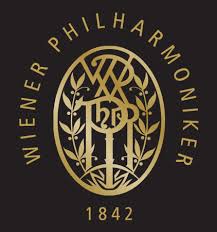
1930 Ankara, History: The Turkish government changed the name of this city to Ankara from Angora and its rabbits, goats, and cats. In 1920 Constantinople and environs was occupied by the victorious Allies who planned to divvy it up among themselves. The nascent Turkish nationalists gathered in far away Angora to plan their own plans. Why the name was changed is not discussed on the fount of Wikipedia. While Ankara was a small and remote town, it was on the path of many with the result that that the archeological treasures in central Anatolia are great. We spent a day there in 2015 and were agog at the antiquities museum.
